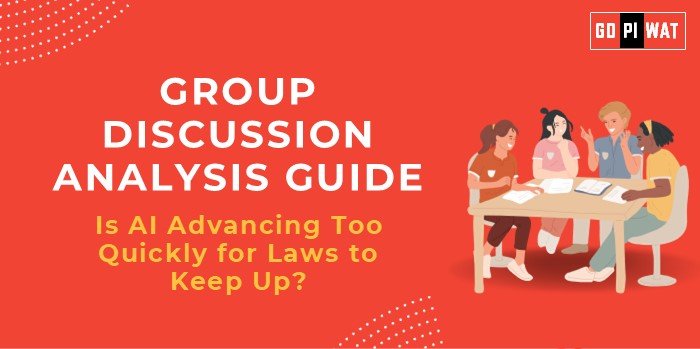📋 Is AI Advancing Too Quickly for Laws to Keep Up?
🌐 Introduction to the Topic
Opening Context: Artificial Intelligence (AI) is driving transformative changes across industries, from healthcare to autonomous vehicles. However, its rapid evolution has outpaced the establishment of comprehensive legal frameworks, raising significant ethical and regulatory concerns globally.
Topic Background: The debate about AI’s regulatory gap gained prominence as generative AI systems like ChatGPT and DALL·E became widespread, sparking debates on intellectual property, data privacy, and accountability. Countries and organizations struggle to enact laws that align with AI’s advancements, leading to a pressing question: Is AI moving too fast for legislation?
📊 Quick Facts and Key Statistics
- 📈 AI Global Market Value (2024): $500 billion, expected to grow at 35% CAGR (Statista).
- 🛠️ AI Development Timeline (2023): 100+ generative AI tools launched in less than a year (McKinsey).
- 📜 Legislative Lag: Only 60 countries have initiated AI-related policies (OECD, 2023).
- ⚠️ AI Risks (2023): 70% of CEOs identify regulatory issues as a key barrier to AI adoption (PwC).
🤝 Stakeholders and Their Roles
- 🏛️ Governments: Regulate AI development and ensure ethical use through policy frameworks.
- 💻 Private Companies: Drive innovation while adhering to responsible AI principles.
- 🌍 Civil Society: Advocate for privacy, security, and fairness in AI adoption.
- 🤝 International Organizations: Facilitate cross-border collaborations and set global norms.
🏆 Achievements and Challenges
Achievements
- 🚀 AI Innovations: Breakthroughs in healthcare diagnostics and climate modeling.
- 📈 Economic Growth: AI contributes $15.7 trillion to the global economy (PwC, 2023).
- 🌍 Global Collaboration: Initiatives like the EU AI Act aim to establish common regulatory ground.
Challenges
- ⚠️ Legal Gaps: Absence of laws to address bias, data misuse, and AI accountability.
- 📜 Ethical Dilemmas: Unchecked AI raises concerns about job displacement and surveillance.
- 🌏 Global Disparities: Countries with low technological infrastructure face challenges in implementing AI policies.
🌏 Global Comparisons
- 🇪🇺 EU: The AI Act aims to create the world’s first regulatory framework for AI.
- 🇨🇳 China: Extensive AI use in surveillance highlights the risks of unchecked development.
📚 Case Studies
USA’s Algorithmic Accountability Act: Aims to address bias in automated systems.
India’s AI Strategy: Focuses on inclusivity but lacks stringent regulatory measures.
🛠️ Structured Arguments for Discussion
- 💡 Supporting Stance: “AI advancements bring unparalleled opportunities, driving economic growth and innovation.”
- ⚠️ Opposing Stance: “The lack of robust laws exposes societies to risks like bias, privacy violations, and misuse.”
- ⚖️ Balanced Perspective: “While AI offers immense benefits, its safe deployment depends on swift, adaptive regulations.”
📣 Effective Discussion Approaches
Opening Approaches
- 📊 Statistical Start: “AI contributes $15.7 trillion to the global economy, yet only 60 countries have AI policies.”
- 💡 Ethical Angle: “Generative AI systems have sparked debates on accountability for misinformation.”
Counter-Argument Handling
- 📖 Acknowledge gaps and suggest collaborative solutions such as global AI standards.
- 📚 Highlight examples like the EU AI Act for inspiration.
🔍 Strategic Analysis of Strengths and Weaknesses
- 💪 Strengths: Economic growth potential and innovations across sectors like healthcare.
- ⚠️ Weaknesses: Regulatory lag and ethical/privacy concerns.
- 🌟 Opportunities: Collaborative global frameworks and ethical AI development for social good.
- 💀 Threats: AI misuse in areas like surveillance or warfare and public mistrust due to biased algorithms.
📈 Connecting with B-School Applications
- 💼 Real-World Applications: Projects on AI governance in operations and data ethics.
- 🎓 Sample Interview Questions:
- “How can businesses balance AI innovation with ethical responsibilities?”
- “What lessons can be drawn from the EU AI Act for global AI policy?”
- 📚 Insights for B-School Students:
- Focus on ethical leadership in AI adoption.
- Explore the interplay between technology and policy-making.


